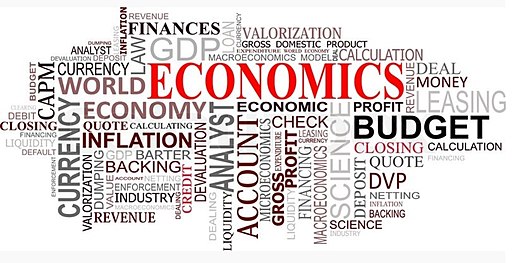Liberty Matters
More than Institutions
 I have been following the posts with interest. I am not sure I really have much to add. But I do want to say something about institutions and expectations. If we take a very broad view of what an institution is, we run the danger of calling every regular course of action an "institution." Clearly, we do not want to do that. If Mary goes to the butcher every week and orders beef, pork, and lamb, is she an "institution?" Hardly. If we define institutions narrowly, then law and perhaps strong mores are included. "Secondary" institutions might be those entities or ways of behaving that are built on the "primary." For example, people create mechanism to fund retirement – like the 401(k) programs which are made possible by the provision of the IRS code after which the program is named.
I have been following the posts with interest. I am not sure I really have much to add. But I do want to say something about institutions and expectations. If we take a very broad view of what an institution is, we run the danger of calling every regular course of action an "institution." Clearly, we do not want to do that. If Mary goes to the butcher every week and orders beef, pork, and lamb, is she an "institution?" Hardly. If we define institutions narrowly, then law and perhaps strong mores are included. "Secondary" institutions might be those entities or ways of behaving that are built on the "primary." For example, people create mechanism to fund retirement – like the 401(k) programs which are made possible by the provision of the IRS code after which the program is named.But intertemporal equilibrium – or perhaps better – the avoidance of intertemporal breakdown requires more than that. If there is a sudden increase in the demand for money and shifting of government expenditure priorities because people fear the oncoming of a war, many entrepreneurs will have produced the wrong things at the wrong prices. Perhaps no one was in the position to predict that. But at other times, a new financial product might have been invented which was thought to have little risk. But the ugly extreme tail in the distribution manifested itself and the financial system is damaged. Perhaps no one could have predicted that.
Now it perfectly right to ask, especially in the second case, if monetary policy made things worse and caused greater financial panic than otherwise. Perhaps so. But we ought to keep in mind that these disruptive and unpredictable events can happen. I doubt if even the best institutions can prevent all of the discoordinating effects. So intertemporal equilibrium, even if achievable in a rough sense, is still brittle with respect to unusual events.
In large part this explains why Lachmann was insistent that we need a "lender of last resort." Some institution to help bail us out when all other institutions have failed. Whether a competitive banking system has the ability to do this, I do not know. Perhaps it needs a J.P. Morgan to coordinate matters.
Copyright and Fair Use Statement
“Liberty Matters” is the copyright of Liberty Fund, Inc. This material is put on line to further the educational goals of Liberty Fund, Inc. These essays and responses may be quoted and otherwise used under “fair use” provisions for educational and academic purposes. To reprint these essays in course booklets requires the prior permission of Liberty Fund, Inc. Please contact oll@libertyfund.org if you have any questions.